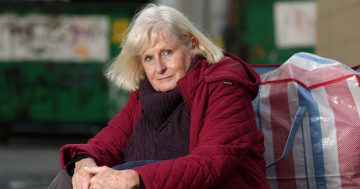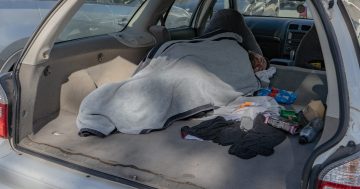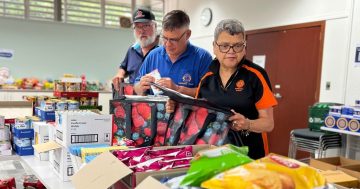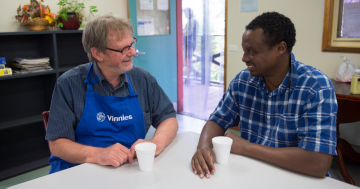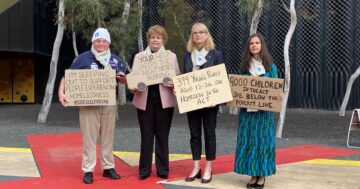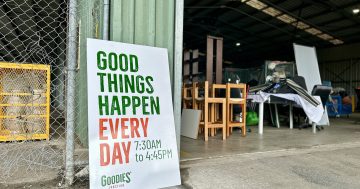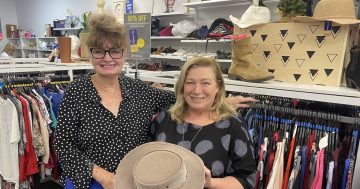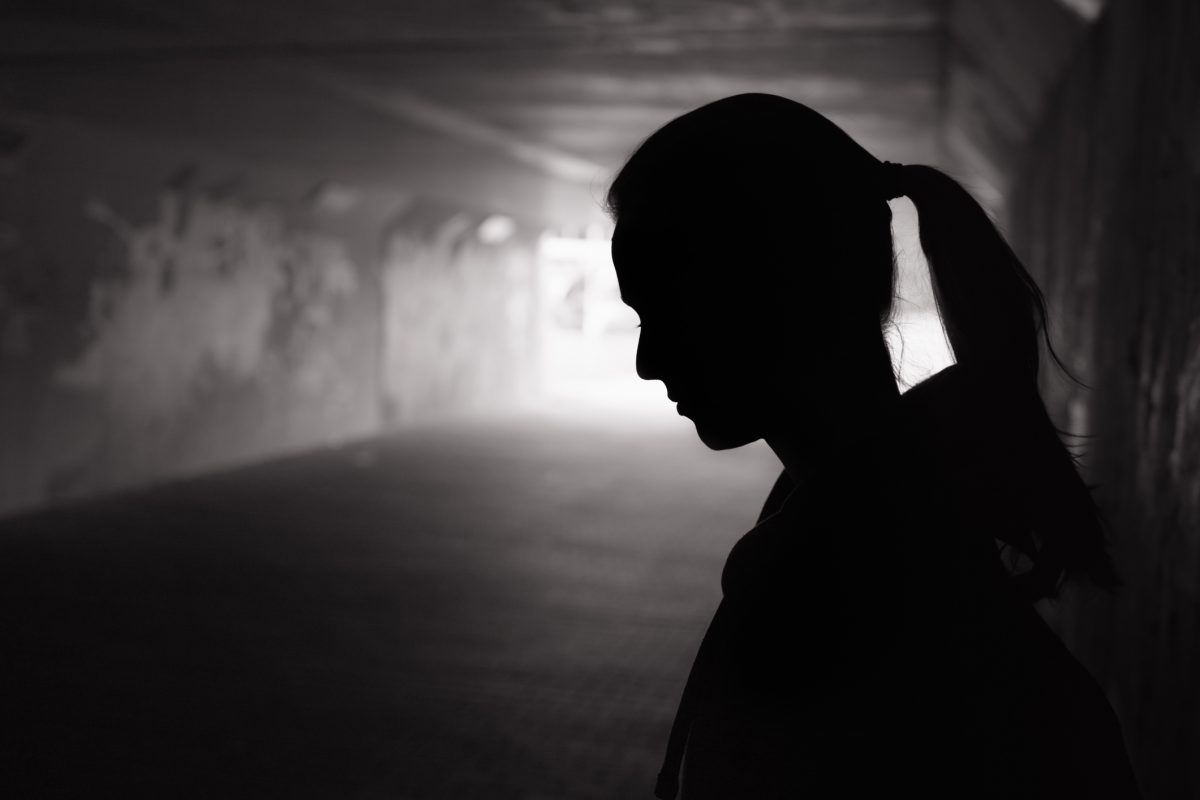
St Vincent de Paul noted a jump in the number of young women seeking help. Photo: File.
There’s been an alarming rise in the number of young women seeking help as the cost of living crisis continues to bite.
The Inquiry into the Cost of Living Pressures in the ACT began public hearings on Wednesday (12 April), with St Vincent de Paul Society Canberra/Goulburn president John Feint testifying that while there had been a rise in all types of people seeking help, one group in particular stood out.
“I’m worried there’s another group, younger women, coming through,” he said.
“We’ve noticed more younger women are asking for help … households are fracturing and younger women are out by themselves.”
The charity’s submission to the inquiry highlighted that between 2018 and 2022, there had been a rise in the number of women aged 24 to 40 years rough sleeping or resorting to couch surfing with friends and family.
“These women are dealing with the threat of homelessness as a compound effect of the current cost of living crisis,” it stated.
“Between September 2022 and February 2023, 68 per cent of people who called the Vinnies Emergency Helpline identified as female and was [sic] likely to be within the age cohort of 25-49 years (61 per cent).”
Mr Feint told the inquiry St Vincent’s had also seen an increase in the number of families who have either one or both parents working who were struggling to make ends meet, as well as those who own their homes.
“Cost of living pressures are biting deeper into our communities,” he said.
“There’s an increasing number of women at risk of homelessness … I think [some of] it is [also] a product of domestic violence in our community.”
The charity’s submission outlined the increasing prices of goods and services across the board impacted a family’s disposable income available to cater for everyday expenses.
This in turn increased the amount of rental stress being experienced by families.
“Increases in cost of living have the potential of tipping new or more people into the poor and vulnerable bracket,” it stated.
Its submission outlined some people the service had helped, including a woman who would visit the Vinnies Night Patrol van for food.
“When asked about her story, she said she would take two sandwiches home and send her two children to school with them as lunch the following day,” it stated.
“The woman said she found it comforting to know that she could send her children to school with a healthy lunch that ‘looked like everybody else’s’.”
St Vincent’s has called on the ACT Government to increase the number of focused assistance programs for younger women requiring support with housing and homelessness, subsidies for gas and electricity support, as well as education supports.
Mr Feint said providing someone with more than a “precarious type of roof” – which essentially is what couch surfing or sleeping in a vehicle is – was essential in helping them avoid homelessness and other negative impacts.
“We see the absolute impact it makes when a person has something akin to a permanent rood over their head … how that person then blossoms out of that understanding,” he said.
Publicity of ACT Government initiatives and programs available to help people was also flagged as an issue.
Mr Feint called on the Government to make researching and finding its 65 direct assistance programs and concessions for vulnerable people easier to navigate and understand.
He said even St Vincent’s found it difficult to keep volunteers educated and up to date on what programs were available and appropriate for each person they were helping.
“We have a lot of connectivity now … but often [people] are overloaded or don’t know where to go,” Mr Feint said.
“Bearing in mind when people are trying to [find help] are under a lot of stress and strain … it’s not an easy thing to do.
“You do get frustrated quite often by the way information is presented.”
Several other groups have made submissions and delivered evidence to the inquiry.
Other suggestions to help improve or relieve cost of living pressures include exploring the viability of introducing discounts to help young people obtain their licence (who otherwise couldn’t afford it), low income assistance for early childhood educators, addressing period poverty, building segregated cycle lanes to encourage more active travel, building a foodbank food relief distribution centre in Canberra, and the Government underwriting compulsory insurance for sporting activities so kids can continue to participate.
The committee will report to the Legislative Assembly by 11 May.












